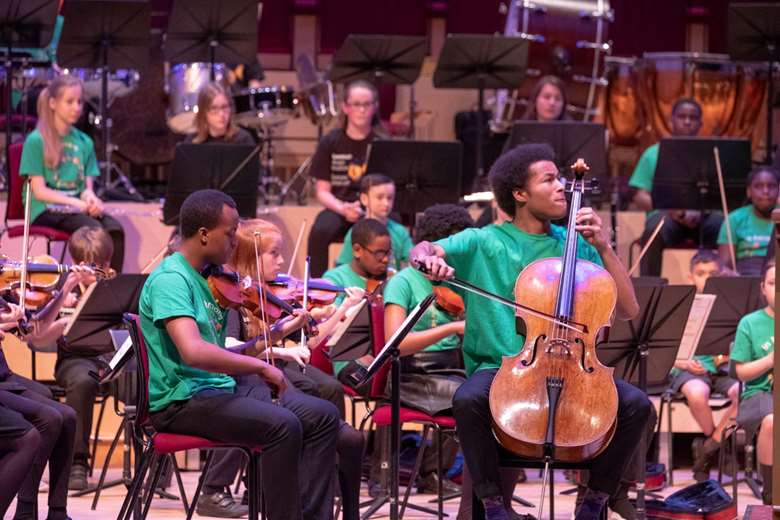Arts Council report reveals more support is needed for budding musicians
Florence Lockheart
Thursday, November 11, 2021
In response to the report, Arts Council England has announced the launch of a project working with the music industry to help classical music grow over the next decade.


Register now to continue reading
Don’t miss out on our dedicated coverage of the classical music world. Register today to enjoy the following benefits:
- Unlimited access to news pages
- Free weekly email newsletter
- Free access to two subscriber-only articles per month